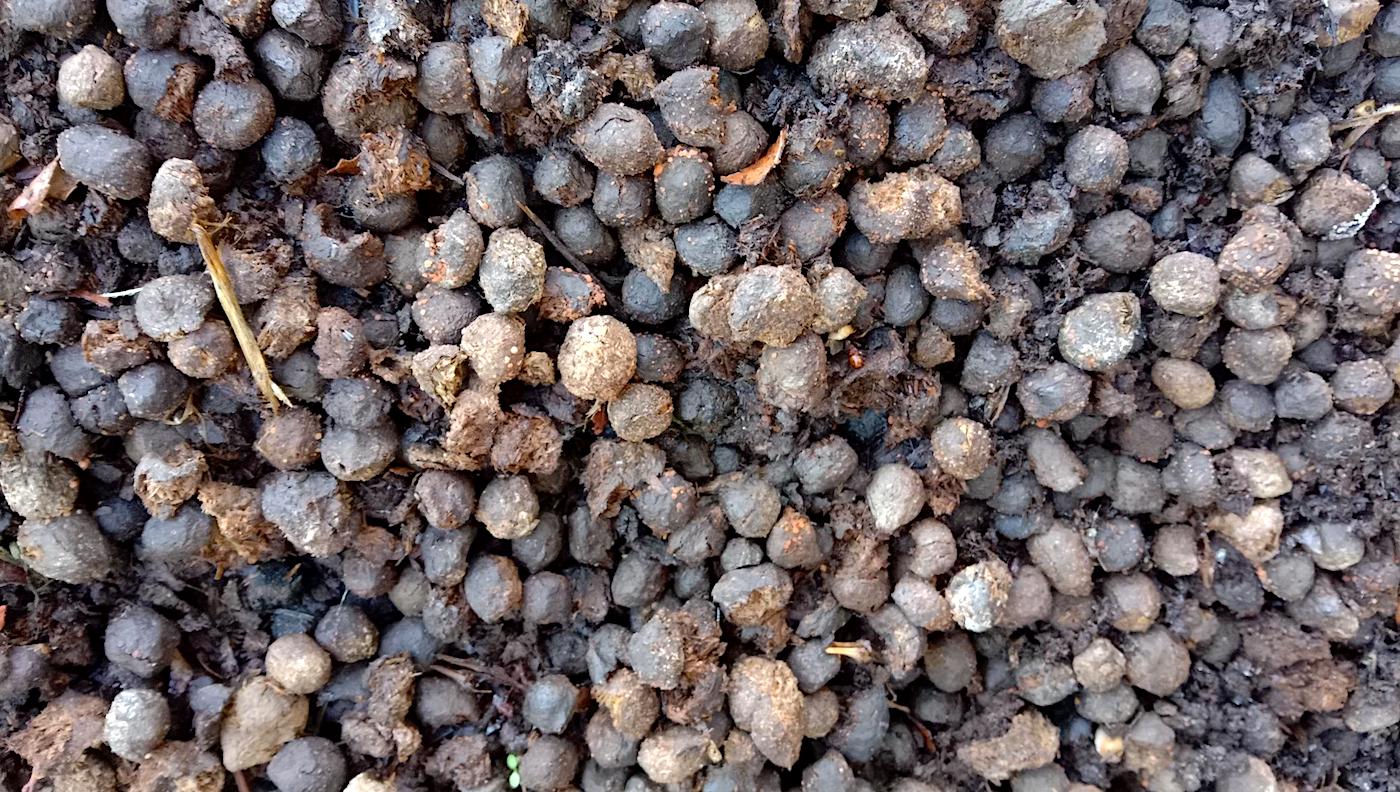Growing healthy plants all starts with the soil. Feed your plants by feeding your soil. Remember, your crops are only going to be as nutritious as the soil they’re grown in.
Here’s some great things you can add to your soil to help improve it and feed it.
Compost:
One of the best ways for adding organic matter to the soil and improving soil structure is to use compost.
I love making compost. It’s a great way to ensure food scraps and green waste don’t go to landfill. Remember, if the plants you’re putting in your compost are grown in depleted soil, then there’s fewer nutrients to recycle.
Cow, horse and sheep manure:
Aged herbivore manure is ideal for adding to the soil as it’ll greatly increase the organic matter. The microbes and earthworms in the soil will love it and this will help with nutrient availability and soil structure.
If the manure comes from a paddock animal, it’s highly likely that seed will be present and this has the potential to spread weeds in your garden, so compost the manure first and this will help minimise the issue.
Chicken manure:
Chicken manure has a high nutrient content and due to its strength, it needs to be used with care, so ensure it’s aged. It’s ideal for using on hungry crops such as leafy green vegetables.
If you’re able to, compost the manure first and due to the fact regular application will raise the pH of the soil, it’s best to use it sparingly around acid loving plants.
Seaweed solution:
A quality seaweed solution offers a wide range of trace elements and minerals to the soil. It helps stimulate the microbes in the soil and helps make the nutrients available to the plant. It acts as a health tonic for plants by promoting beneficial bacteria and soil fungi.
Fish emulsion and fish hydrolysate:
These are made from fish and they’re a great source of food for soil fungi.
Try alternating fish and seaweed solutions on your garden to help promote a wider variety of beneficial microbes.
Rock dust:
Rock dust provides minerals in a stable, slow release form. Essentially, it’s made from crushing rocks into a dust but the mineral content varies depending on the source of the rock. It’s worth spending the money to ensure a wide variety of minerals are included. Volcanic rock dust is generally popular as it has been bought to the surface in the form of lava and contains a wide range of mineral elements from deep down. An easy way to apply rock dust is to add a small handful to each batch of compost you make.
Straw and hay:
Straw is the lower part of the plant after the heads have been harvested. It contains less seed than hay (which includes the seed heads) but it’ll still result in weeds if applied directly to the soil.
Although not particularly high in nutrients, straw will assist in improving the structure of sand and clay soils.
I like using lucerne hay.
Green manure:
Green manure is a great way to add organic matter into your soil. Green manure is the name given to any crop which is grown so it can be chopped down and dug into the soil. Popular choices include lupins, peas, mustard and brassicas. Ensure you chop them down before they go to seed to avoid unwanted plants popping up. Dig them into the soil and generally leave them for a few months before planting in the soil. You could chop them and leave them as a mulch on the surface if you wanted to plant the area sooner than later. Green manure crops are great for recycling nutrients deeper in the soil back up to the surface. Members of the brassica family are useful for treating soil where root knot nematodes have been an issue.
Blood and bone:
Blood and bone (generally the byproduct of cattle processing) is a great source of nitrogen, some phosphorous and a little potassium. Buy quality products as cheaper ones often contain fillers such as sawdust.
Worm castings:
One of my favourites, castings are chock full of beneficial microbes and concentrated trace elements. They’ll also help to retain moisture in the soil. If you have your own worm farm, you’ll know worm castings are one of the best and cheapest things you can add to your soil to improve its health.
Care for your soil, feed your soil and you’ll be well rewarded.

